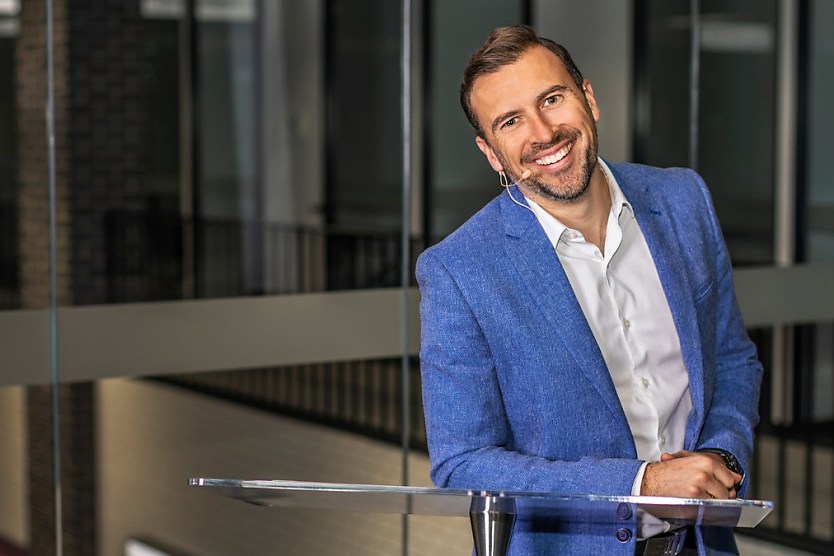The importance of anti-fragility in the modern-day workplace
SHARE THIS ARTICLE

Adversity shouldn’t act as a barrier in the contemporary workplace. Instead, it should be a catalyst for strengthening the workforce.
HR Leader recently spoke to Jason T Smith, founder of Iceberg Leadership Institute and author of UNLIKELY, about how personal adversity and anti-fragility can bring a workforce closer together, allowing them to overcome barriers that may arise.
“Personal adversity often shapes leaders in ways that make them more empathetic and effective advocates for employee growth,” Smith said.
In his book, Smith recounts the experience of almost losing a business due to a failed joint venture.
“That period of adversity made me more attuned to the personal and professional challenges my team members were facing. I recognised that people’s lives outside of work deeply impact their performance, and as a result, I shifted my focus towards supporting holistic wellbeing at work,” Smith said.
“This kind of transformation is increasingly recognised in leadership studies, where adversity builds a deeper understanding of the need for employee support systems. Leaders who have experienced personal hardship, whether through business setbacks, health issues, or personal losses, often emerge with greater emotional intelligence and a commitment to helping others grow.”
Smith explained that in his experience, facing adversity honed him into a better leader, as his understanding of trust, morale, and teamwork became far more profound.
“For me, this realisation came as I worked to rebuild the trust and morale of my team after those business setbacks, realising that prioritising their development and wellbeing was the key to long-term success,” Smith said.
“Recent research in Australia and the USA suggests that leaders who have faced adversity are more likely to implement policies that promote mental health and personal development. This includes flexible working conditions, mentorship programs, and wellbeing initiatives, all aimed at helping employees navigate their own challenges and grow from them.”
On a team level, cultivating anti-fragility throughout one’s workforce can be a pillar for fostering a more cohesive unit that can adapt when issues formulate that could threaten business outcomes.
“Cultivating anti-fragility is about creating an environment where challenges and disruptions make your workforce stronger, not weaker,” Smith said.
“The challenges we encountered in unfamiliar markets, from regulatory hurdles to cultural differences, forced us to rethink our strategies and continuously adapt. This adversity didn’t just test us; it made us sharper, more innovative, and more resourceful.”
Smith explained the difference between anti-fragility and resilience, highlighting that the former instead uses setbacks as a platform to grow.
“Anti-fragility is distinct from resilience. It’s not just about bouncing back; it’s about using setbacks as opportunities for growth. In today’s fast-moving business landscape, organisations that cultivate anti-fragility in their teams create a culture of constant learning and agility,” he said.
“Recent leadership literature highlights how this mindset is crucial, especially in industries facing disruption, as it equips teams with the tools to not only withstand challenges but leverage them for competitive advantage.”
“For me, building anti-fragility involved encouraging my team to take calculated risks and learn from every failure. The team that went through the highs and lows of our international expansion came out more confident, more strategic, and better prepared for future challenges. Organisations that embrace anti-fragility foster a workforce that thrives under pressure, ensuring long-term success in an unpredictable world.”
Kace O'Neill
Kace O'Neill is a Graduate Journalist for HR Leader. Kace studied Media Communications and Maori studies at the University of Otago, he has a passion for sports and storytelling.

